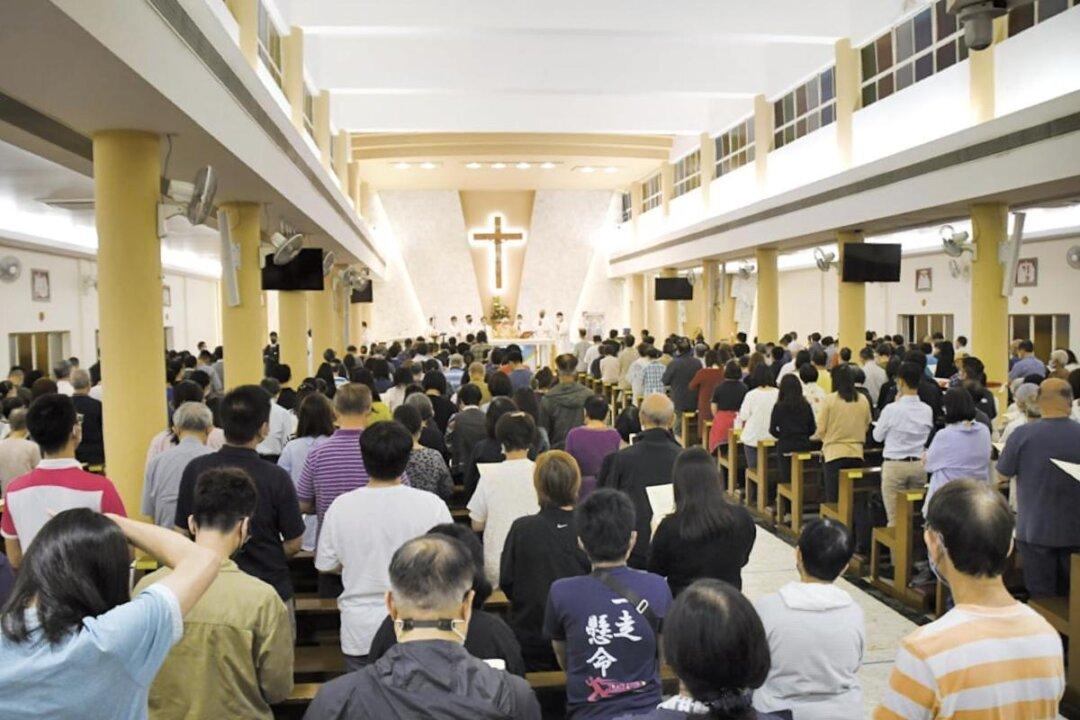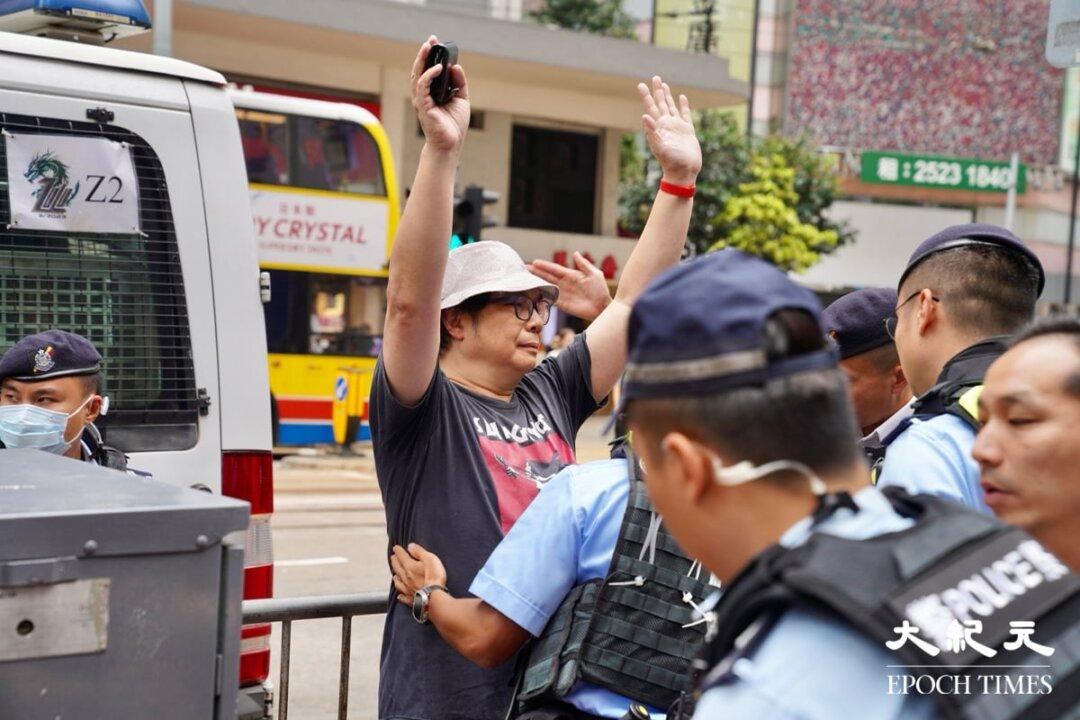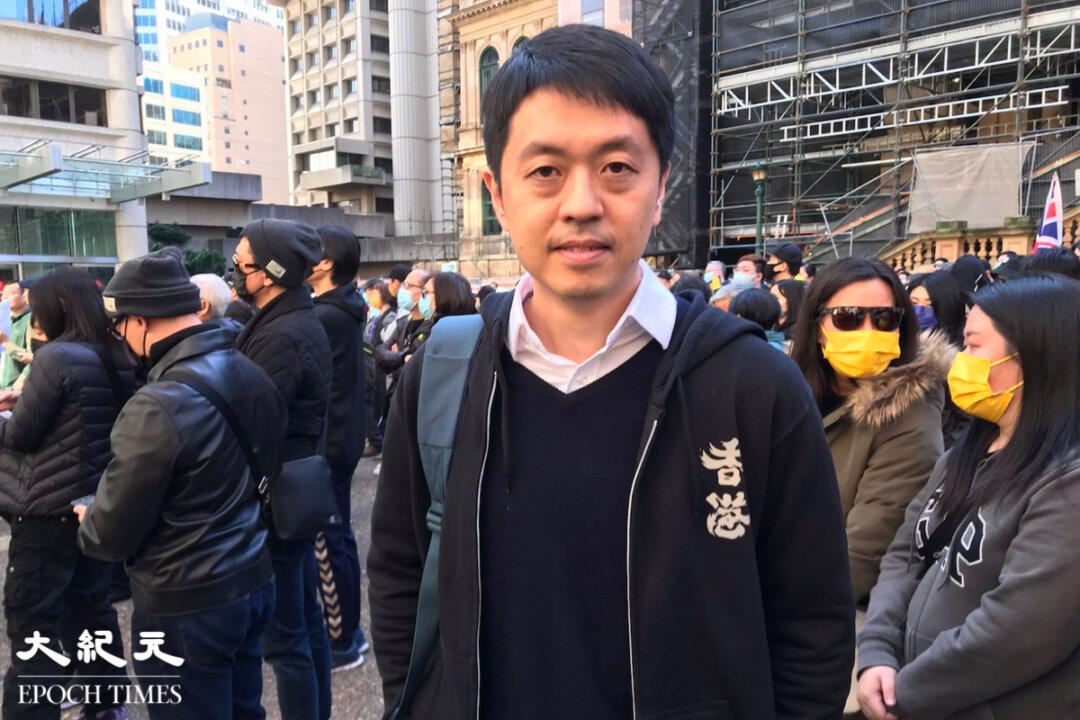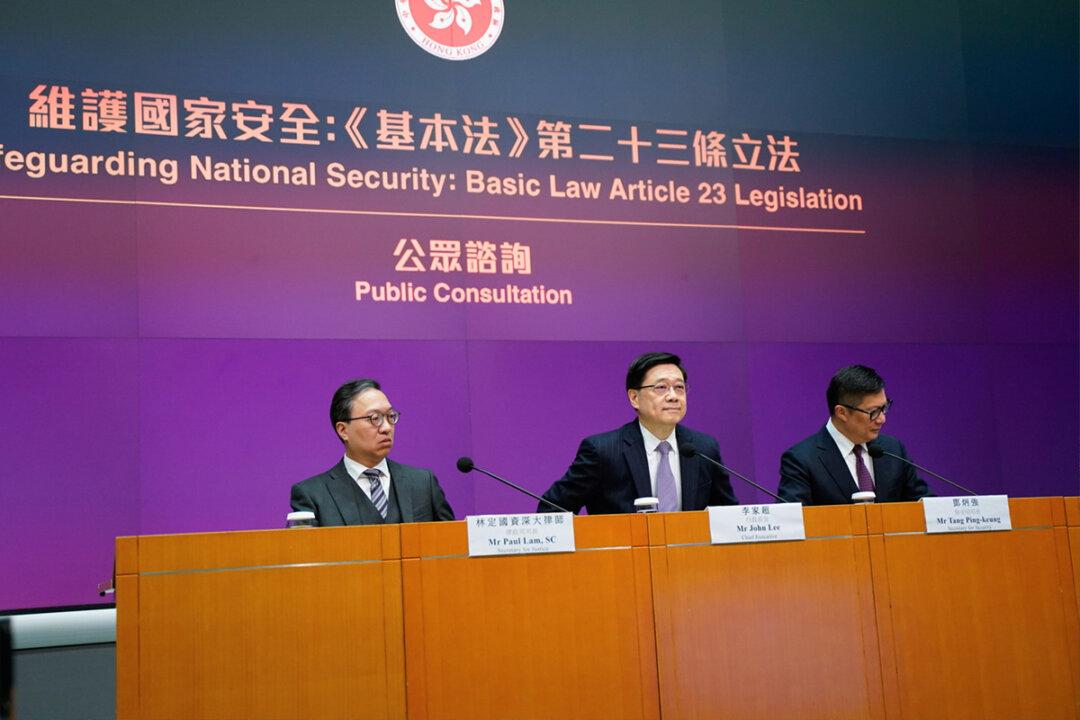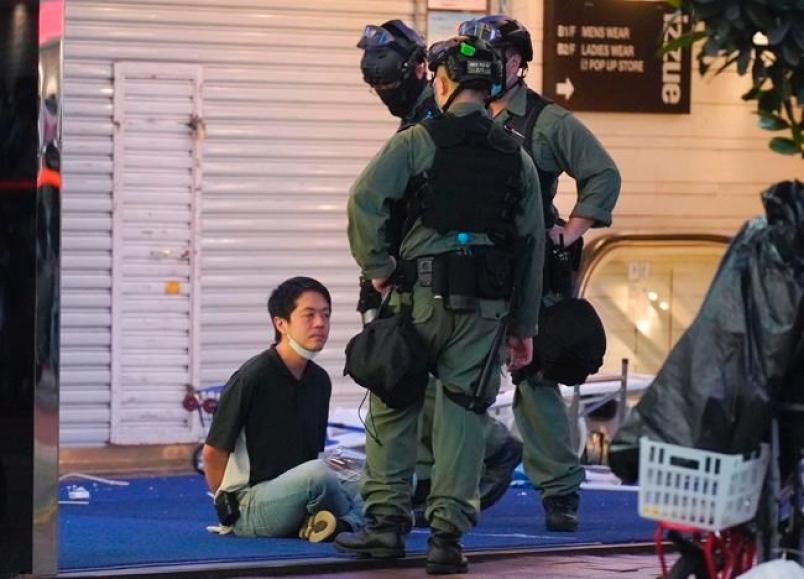In a report released on Nov. 7, the UK-based group “Hong Kong Watch” has voiced concern over the impact of the National Security Law on religious freedom in Hong Kong, pointing out that it has had a chilling effect on religious followers. Self-censorship is now common in sermons and other religious activities, but also among the affiliated schools of religious groups that severed ties with their associated churches. It has also been revealed that CCP representatives have infiltrated the church leadership. The report concludes that under such a situation, religious followers in Hong Kong are forced to make compromises that should not need to be made.
The report is titled “Sell Out My Soul: The Impending Threats to Freedom of Religion or Belief in Hong Kong.” “Hong Kong Watch” stated that it is an early warning signal for the international community to closely monitor further developments regarding freedom of religion and belief in Hong Kong. The report was launched in the European Parliament in Brussels, Belgium, and will be presented at events in Washington, DC, in the United States, as well as in the Canadian and British Parliaments.
